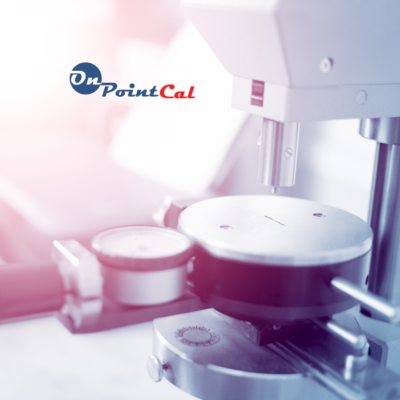Aerospace, Manufacturing, Quality Assurance
The Essential Guide to Portable Hardness Testers: Ensuring Peak Performance with the Right Care
In the dynamic world of materials testing, portable hardness testers stand out as a beacon of efficiency and convenience. Among these, the Wilson M model C-clamp Rockwell shines for its precision. But with great precision comes great responsibility. Dive in as we uncover the importance of care, calibration, and always being prepared with spare parts.

Why Portable Hardness Testers Stand Out
Portable hardness testers have ushered in a new era of instant, on-site testing, making them indispensable in fields like:
- Aerospace: Checking aircraft metals’ hardness without disassembling.
- Construction: Determining the resilience of infrastructure metals.
- Automotive: Evaluating the durability of car components.
- Metallurgy: Rapid raw material checks pre-processing.
A Case of Compromised Precision
Imagine conducting a crucial hardness test for an aerospace component. An unnoticed chip in your Wilson M’s diamond indenter leads to skewed results. The component passes the test but fails in real-world applications. Such scenarios underline the need for impeccable care.
Ensuring the Integrity of the Diamond Indenter
The indenter is the heartbeat of your tester. A compromised indenter equals unreliable results. Regularly inspecting it and always having spares can be the difference between success and costly errors.
Calibration: Your Assurance of Trustworthy Readings
Consistent calibration, especially with trusted partners like onpointcal.com, ensures your readings remain trustworthy—a non-negotiable in industries demanding precision.
Concluding Thoughts The advantages of portable hardness_testers are unparalleled. But their precision depends on meticulous care, regular calibration, and readiness with spare components. A well-maintained tester doesn’t just give accurate readings—it reflects a business’s commitment to excellence.
For top-tier calibration services, explore onpointcal.com. Precision isn’t just a measurement—it’s a promise.


